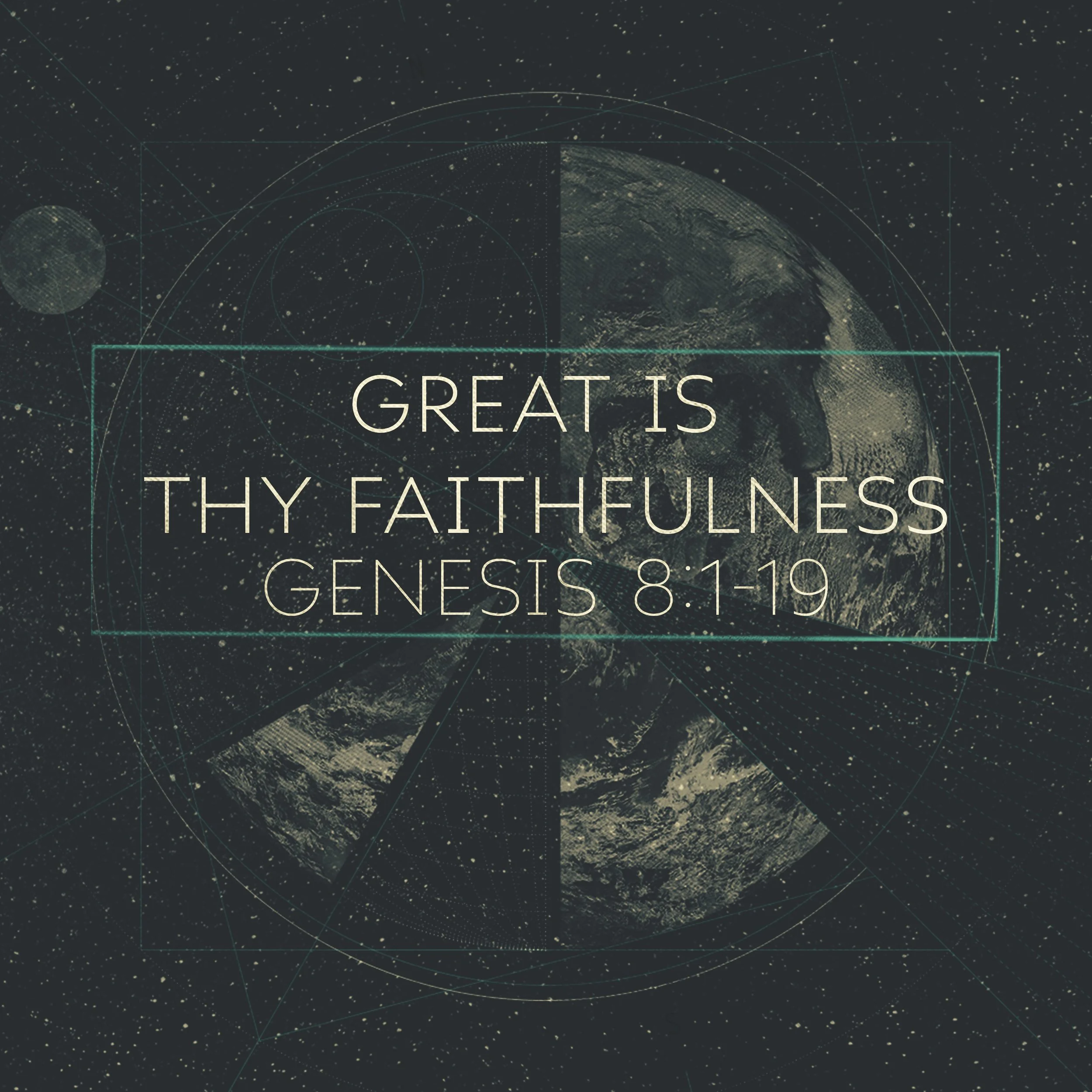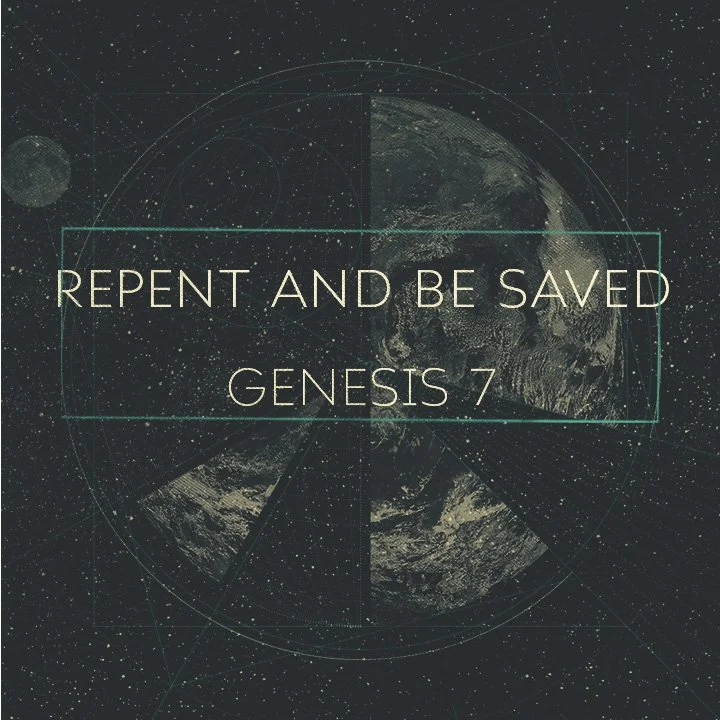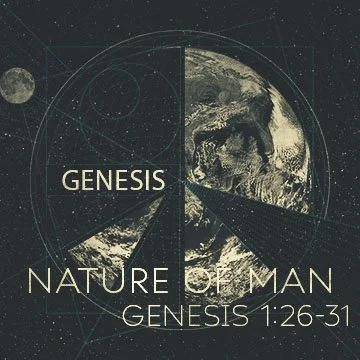Are they really that dumb? Rethinking how we describe sheep
“And he shall stand and shepherd his flock in the strength of the Lord, in the majesty of the name of the Lord his God. And they shall dwell secure, for now he shall be great to the ends of the earth. And he shall be their peace. When the Assyrian comes into our land and treads in our palaces, then we will raise against him seven shepherds and eight princes of men;” (Micah 5:4–5, ESV)
I have often heard it said that sheep are dumb. Generally, this assessment of the deficient intelligence of the ovine mind is used to explain the propensity of sheep to wander off from the herd and become lost. The Bible often uses sheep as a metaphor for God’s people. As such, when biblical passages are taught that deal with the imagery of sheep and their shepherds the negative assessment of being dumb and stupid is often applied both to the sheep and to Christians. This negative description of sheep is so commonly used that it gives the impression that the biblical perspective of sheep is universally negative.
It turns out that sheep may not be as stupid as their reputation assumes. A simple google search will reveal research that refutes the common evaluation that sheep are dumb. The assessment of being dumb or stupid is derogatory, and I think it misses the point of why scripture so often uses sheep as an analogy for how God’s people relate to God as our shepherd. Indeed, the prophet Isaiah does say that we are all “like sheep” and “have gone astray.” This passage is not primarily about the ineptness of sheep but the glorious grace of God who would send His Son to be “crushed for our iniquities.” I believe we need to rethink how we think about sheep. Describing sheep as stupid may be in fashion, but I do not think it is the most helpful way of speaking about God’s people.
Sheep are not dumb. Sheep are dependent. Sheep are dependent on the shepherd. To describe sheep as dumb or stupid focuses on the shortcomings and inadequacies of the sheep. The danger here is that this leads to the assumption that the created nature of sheep is deficient. Ascribing to sheep the characteristic of stupidity also has the byproduct of judging these creatures as less than other creatures. I often am amazed at the intelligence of my golden retriever. Does this make golden retrievers better than sheep? Other animals have specialized abilities, like pigs being able to smell things deeply buried in the ground. Does this make pigs better than sheep? Other animals have superior strength, like horses who can carry men and pull heavy loads. Does this make horses better than sheep? Certainly not. Other creatures may have abilities and traits that seem greater than the humble sheep, but they lack the singular trait that sets sheep apart. Sheep are unique in their dependent relationship to the shepherd. This is not a deficiency. This is a blessing. This is a place of honor. Sheep have little strength to defend against the predator because they enjoy the shepherd’s strength and protection. Sheep worry little about the direction they are traveling because they enjoy the leadership of the shepherd. It is this trait of dependence on the shepherd why God chose the sheep to demonstrate to us our relationship with God.
When describing sheep as dumb, their dependent relationship with the shepherd is not seen as a positive but as a negative. In the infinite and eternal wisdom of God, He chose to create sheep to be dependent on the shepherd. This is the imagery that Jesus uses in John 10, where Jesus describes Himself as the good shepherd and His church as His sheep. In this passage, the dependence of the sheep on the shepherd is not presented as a shortcoming but as a good and glorious thing. The sheep of Jesus know His voice, and He knows them. The sheep of Jesus are protected and provided for by Him. And most significantly and exclusively Jesus willingly lays down His life for His sheep.
To be dependent indicates a relationship. The dependence of sheep on the shepherd does not point to a deficiency of sheep but to the power, protection, and provision of the shepherd. Sheep are well and at peace when they are under the care of the shepherd. Out of the entire animal kingdom, God could have chosen any animal to illustrate the church’s relationship to Himself. In His perfect wisdom, He chose the humble sheep. He chose the sheep not to make a point about our mental acuity but rather to make clear His relationship toward us. It is good and glorious to be a sheep under the watchful care of the Good Shepherd. The beasts of the wild may, for a season, revel in their independence, but I am sure that they look with great envy at the peaceful rest of sheep under the good and perfect care of the shepherd.








